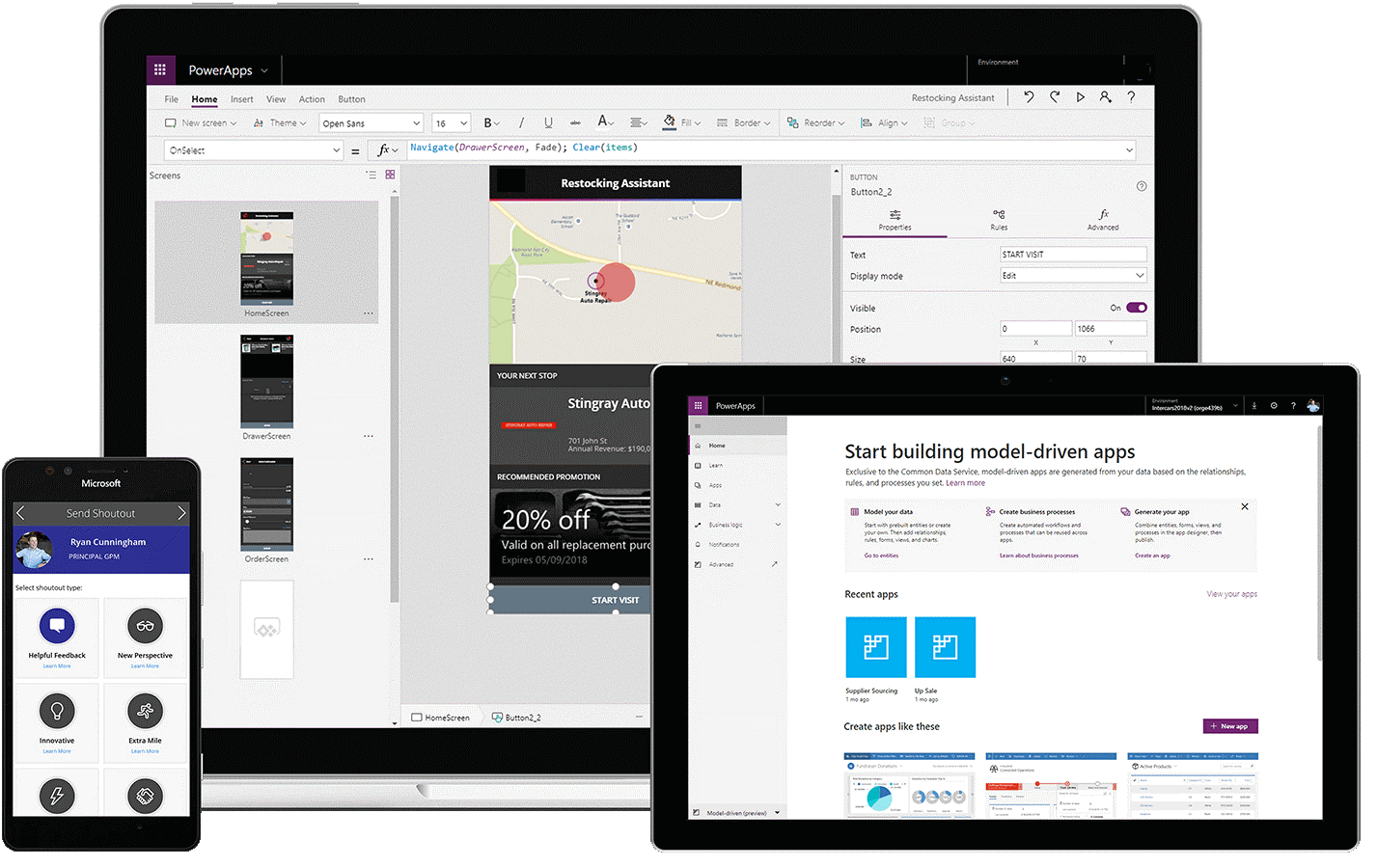Microsoft
BI Data
Warehouse
BI Data Warehouse
A data warehouse (DW) is a consolidated store for data that combines information from different external, transactional, or legacy systems, programs, and sources. For analytical reporting, ad hoc queries, data mining, and decision support, a data warehouse offers a dedicated environment that is distinct from operational or transactional systems. The sort of data warehouse structure developed depends on how the data will be used.
The Function Of A Data Warehouse To Improvise Business Intelligence:
Increases efficiency in data processing
A data warehouse aids in the ongoing challenge of swiftly and efficiently extracting massive amounts of data from many sources, such as operational or transactional systems, and then transforming that data for improved reporting. A data warehouse also enables the highly-efficient processing of complicated and large-scale queries.
Summarizing the data
Data is periodically extracted from numerous dissimilar sources that contain information to move the data into a data warehouse. It is possible to clean, transform, summarize, and reorganize data as it is transferred. The lowest possible degree of detail can be used to store the data, and aggregated views are readily available in the warehouse for quick extraction and analysis. For reporting and data analysis, a data warehouse serves as a permanent data repository.
Future storing of data
By investing in data efficiency, which enables a historical and cohesive view of your business at any moment, one can future-proof their IT investment.
The Other Possible Benefits Of A Data Warehouse:
- The data warehouse can combine various data sources into a single source of truth.
- Data cleaning can be used to improve the quality of data as it is loaded into the data warehouse.
- Data retrieved from APIs that only offer snapshots can be archived in a data warehouse.
- Data warehouses make it simpler to grant authorized users only secure access.
- Complex data conversions or KPI computations can be handled on the server side in place of using a reporting tool to conduct the hard work.
When Is The Right Time To Rely On A Data Warehouse?

To handle multiple data
When a company needs to handle several data at a time and formulate plans according to it, data warehouses are necessary at this moment. The summarization capability makes handling these kinds of data easy and maintains accuracy.
Storing data
To store a huge range of data based on historical records the cloud-based locations of the data warehouses are necessary. Data warehouses make it simple to access historical data from several places since they have a standard data scheme